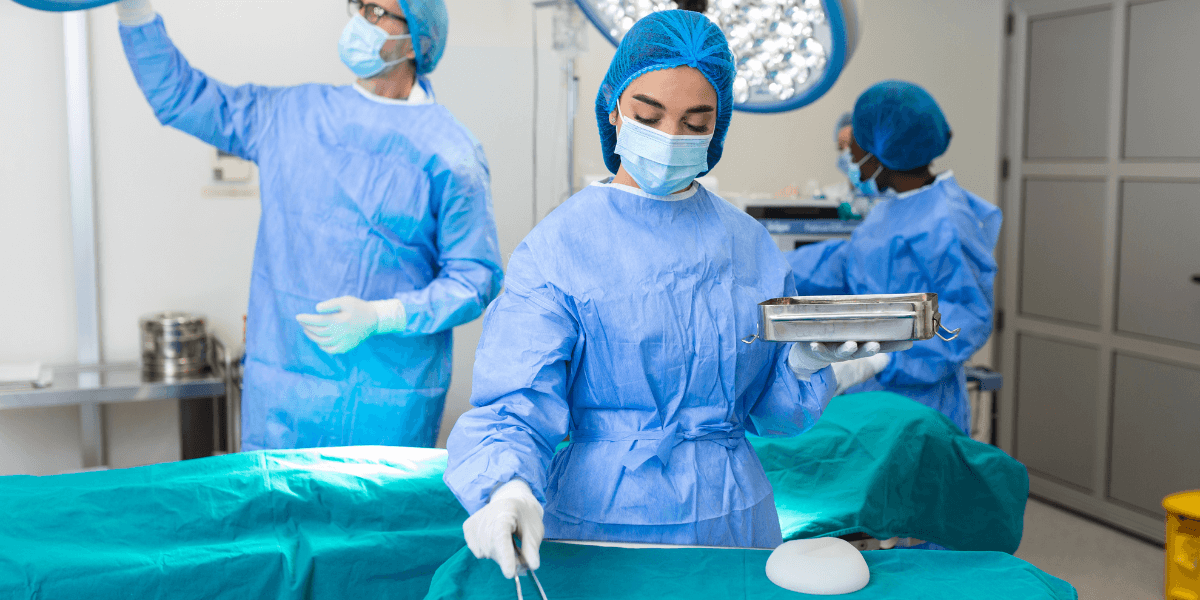


In the United States, colorectal cancer is the third most common cancer diagnosed in both men and women. Research data shows that in 2020, there were approximately 147,950 new cases of colorectal cancer in the US, resulting in 53,200 deaths.
Effective and timely treatment options like colorectal surgery are crucial in combating and overcoming various diseases of the colon, rectum, and anus.
Colorectal surgery demands the skills of a surgeon who has undergone rigorous training and profoundly understands the anatomy and physiology involved. Therefore, it is essential to choose the right surgeon to ensure the success of your treatment and overall quality of life post-surgery if you are facing any colorectal condition.
Certain conditions that conservative treatment methods alone cannot effectively manage may require colorectal surgery. These conditions include but are not limited to:
This is the most common cause of colorectal disease that requires surgery. It may involve removing the tumor, nearby lymph nodes, and a section of the colon or rectum to prevent the spread of cancer.
Diverticulitis is where small pouches, called diverticula, develop in the colon's lining and become inflamed or infected. In severe cases, surgery may be necessary to remove the affected segment of the colon.
Conditions such as Crohn's disease and ulcerative colitis fall under the umbrella term of inflammatory bowel disease. Surgery may remove the affected portion of the colon or rectum when medication fails to control symptoms or complications arise.
See Also: Gallbladder Disorder Unveiled: Causes, Symptoms, and Treatments
Colorectal surgery involves tailored procedures based on the condition, location, severity, and patient's health. Some common types of colorectal surgery treatment procedures include:
This surgical procedure involves the partial or complete removal of the colon and is commonly used to treat colorectal cancer, diverticulitis, and inflammatory bowel disease.
Surgeons perform rectal resections to remove the rectum in rectal cancer or prolapse cases.
A colostomy may be necessary if it's impossible to reconnect the colon or rectum sections after surgery. This involves creating an opening in the abdomen for waste elimination into a bag.
Undergoing colorectal surgery requires thorough preparation to ensure the best possible outcomes. This preparation may include diagnostic tests, bowel preparation, and discussions with your surgeon. During the surgery, you will be given anesthesia to help you sleep, and the surgeon will perform the necessary procedures.
Following the surgery, you will be closely monitored in the recovery room before being transferred to a hospital ward. During the recovery period, you may require pain management, wound care, and physical therapy to aid in your healing process.
Following your surgeon's instructions is important to minimize complications and promote healing. We will schedule regular follow-up appointments to monitor your progress and address any concerns you may have. This process is critical to ensure a successful surgery and a smooth recovery.
Surgery is the primary treatment for colorectal conditions, but non-surgical alternatives can help manage symptoms and reduce inflammation. Some non-surgical treatment options for colorectal conditions include:
Medications like antibiotics, anti-inflammatories, immunosuppressants, or biologics may be prescribed to manage symptoms and control disease activity, depending on the specific condition.
Dietary changes like increasing fiber intake, staying hydrated, exercising regularly, and managing stress can alleviate symptoms like diverticulitis and irritable bowel syndrome.
Colorectal conditions can be treated with minimally invasive techniques like endoscopy or interventional radiology, which involve smaller incisions, less pain, and faster recovery than traditional surgery.
Colorectal surgery carries certain risks and potential complications, as with any surgical procedure. Before deciding, it is important to be aware of these risks and discuss them with your surgeon. Some possible risks and complications associated with colorectal surgery treatment include:
Infections can occur at the surgical site or within the abdominal cavity, requiring additional antibiotic treatment.
Excessive bleeding during or after surgery may necessitate blood transfusions or further interventions.
This refers to a leak at the site where two sections of the colon or rectum have been reconnected. It can lead to infection and may require additional surgery to correct.
Sometimes, scar tissue or narrowing of the intestines can cause a blockage in the bowel, requiring further intervention.
See Also: Pancreatic Cancer: Causes, Symptoms, and Treatment Explained
Minimally invasive techniques, like laparoscopic or robotic-assisted surgery, have revolutionized colorectal treatment by offering patients numerous benefits through smaller incisions and specialized instruments. The advantages of minimally invasive colorectal surgery include:
Choosing the right colorectal surgery treatment option is a pivotal decision in addressing conditions affecting the colon, rectum, and anus. Understanding the available procedures, potential risks, and the role of minimally invasive techniques is crucial. Collaborating with a skilled surgeon and adhering to post-surgery instructions enhances the likelihood of a successful outcome and a smoother recovery. Whether opting for surgery or exploring non-surgical alternatives, informed decision-making is key to promoting overall well-being in the face of colorectal conditions.
Our skilled surgeons at Far North Surgical, led by Dr. Madhu Prasad, provide comprehensive and personalized top-quality care for colorectal conditions that require surgery. When deciding on your healthcare, it's essential to be well-informed. If you're considering colorectal surgery, seek guidance from a qualified healthcare provider to determine if it's the right option.
Dr. Madhu Prasad won the Best of Anchorage Award for delivering excellent care and achieving optimal patient outcomes. Our team provides top-notch colorectal surgery treatment using advanced techniques and compassionate care.
Schedule a consultation with our team of experts for a clear understanding of your treatment options. Dr. Prasad's expertise will help us find the best treatment option for your colorectal condition. Don't settle for anything less regarding your health - trust in the best surgeons at Far North Surgery in Anchorage, AK. Call us at 907-276-3676 to start your journey towards better health.